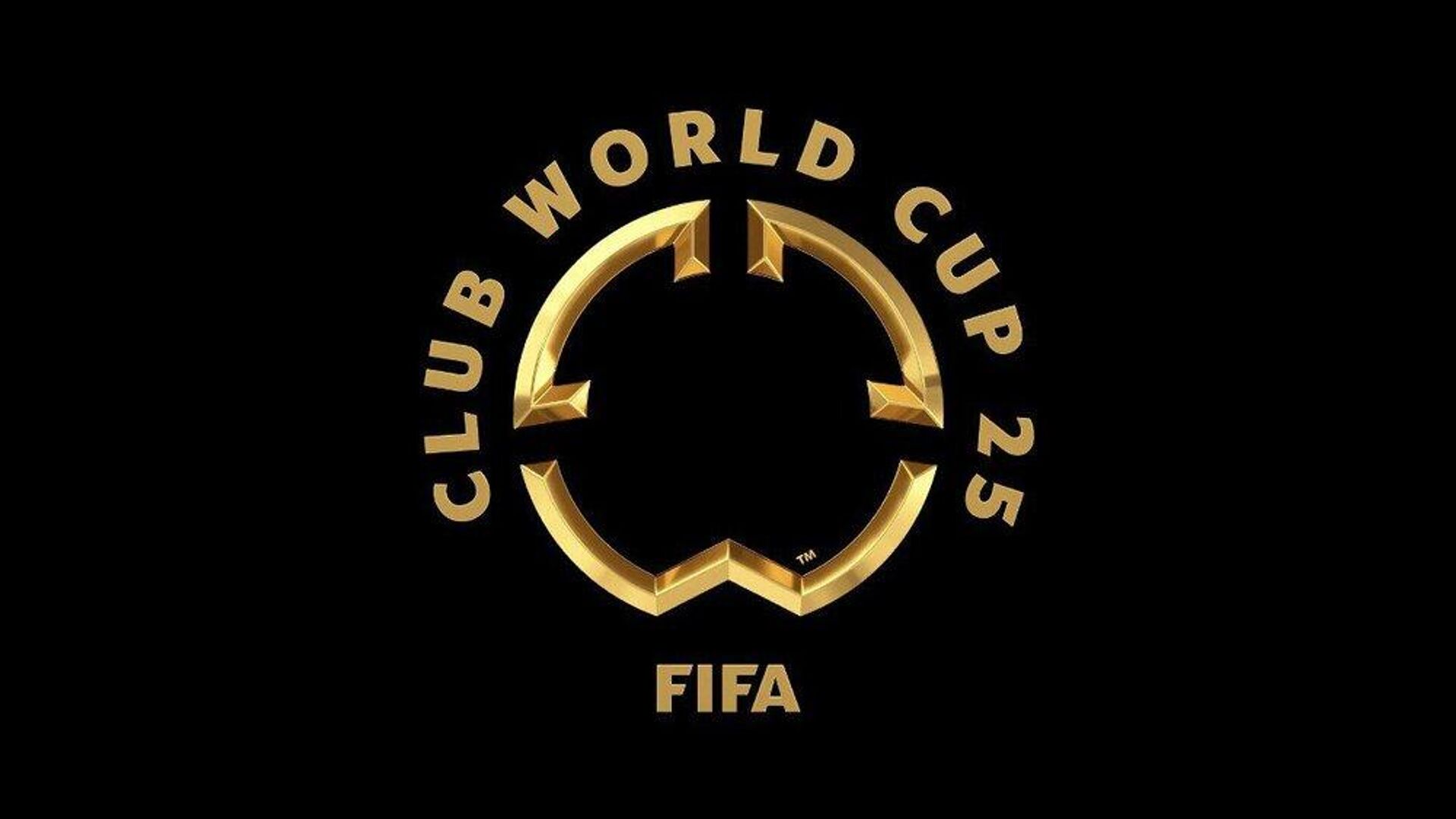The FIFA Club World Cup, a coveted stage where continental champions clash for ultimate bragging rights, burst into action with its Group D fixtures. What unfolded was a compelling blend of calculated dominance, resilient performances, and utterly unpredictable drama, setting a vibrant tone for the tournament ahead. For fans of global football, the opening salvos delivered exactly what was promised: high stakes, new heroes, and a taste of the raw emotion only the beautiful game can provide.
Chelsea`s Calculated Precision: A Statement of Intent
Kicking off their campaign, European champions Chelsea faced Los Angeles FC, a team that had to navigate a playoff just to earn their spot. Despite the perceived gap in pedigree, the Blues demonstrated why they are considered formidable contenders for the title. Their 2-0 victory was less about overwhelming force and more about efficient execution and tactical discipline. The pressure they exerted eventually bore fruit, leading to Pedro Neto`s opening goal, a testament to persistent attacking play.
Perhaps the most intriguing aspect of Chelsea`s performance was the immediate impact of new signing Liam Delap. Making his debut after joining from Ipswich Town, Delap wasted no time in proving his worth, assisting Enzo Fernandez for Chelsea`s crucial second goal. For a striker role often described as “wide open” within the Chelsea squad, Delap`s seamless integration and instant contribution sent a clear message. His pre-existing familiarity with manager Enzo Maresca from their Manchester City youth academy days appears to be a significant advantage, suggesting that Chelsea`s investment in the young talent is already beginning to pay dividends. LAFC, while unable to secure points, can at least take solace in having limited Chelsea`s overall chances, a small victory in a tough contest.
Flamengo`s Resilient Start: South American Flair Meets European Ambition
Matching Chelsea`s opening win, Brazilian powerhouse Flamengo secured a decisive 2-0 victory against Tunisian side Esperance. Their performance underscored the fierce determination of South American clubs to challenge European supremacy on this global stage. Flamengos`s early goal came from Giorgian De Arrascaeta, assisted by Luiz Araujo, setting a strong tone.
A notable factor in Flamengo`s success was the debut of their new midfield maestro, Jorginho, joining from Arsenal. His presence immediately brought a new dimension to their play, offering composure and distribution. Jorginho quickly became the provider for Araujo`s vital insurance goal in the second half, solidifying Flamengo`s lead. Despite facing waves of persistent pressure from Esperance, who grew into the game as they trailed by a single goal, Flamengo`s defensive solidity and timely breakthroughs ensured they maintained control. Backed by their famously passionate support, the Brazilian club served notice that they are primed for a deep run, setting the stage for an intriguing clash with Chelsea later in the group stage—a fixture that could very well determine the group winner.
Boca Juniors vs. Benfica: A Chaotic Tale of Missed Opportunity
While Chelsea and Flamengo laid down markers of quiet authority, the clash between Boca Juniors and Benfica in Miami was a different spectacle entirely: a footballing maelstrom of goals, red cards, and a dramatic squandering of opportunity. Boca Juniors, surprisingly, took a commanding 2-0 lead against the European giants, sparking hopes of a monumental upset.
However, the narrative took a curious twist, largely thanks to two figures revered in Argentine football history: Nicolas Otamendi and Angel Di Maria. While their names evoke cherished memories for any Argentine fan, particularly for their roles in the 2022 World Cup triumph, their performances for Benfica on this night painted a different picture for Boca supporters. Otamendi drew a late first-half penalty, which Di Maria coolly converted, halving Boca`s lead. Then, in a truly chaotic second half, Otamendi rose to head home the equalizer from a corner. One can only imagine the conflicted sighs from Boca fans, watching their national heroes dismantle their club`s lead.
The game itself descended into further pandemonium. Benfica`s Andrea Belotti received a red card for a high boot, only for Boca`s Nicolas Figal to follow suit for a frankly ridiculous challenge on the touchline. Tempers flared, challenges flew, and the match concluded with three red cards in total. Ultimately, Boca`s inability to capitalize on a two-goal lead, and later a one-man advantage with a one-goal lead, proved costly. A victory would have put them firmly en route to the Round of 16. Now, their progression likely hinges on their performances against Bayern Munich, with Auckland City widely expected to struggle against all three major contenders in the group.
The Road Ahead: High Stakes and Unfolding Narratives
The opening day of Group D at the FIFA Club World Cup delivered on its promise of global football excitement. From Chelsea`s composed strength and Flamengo`s resolute advance to the wild, unpredictable twists of the Boca Juniors-Benfica encounter, every match offered unique insights into the contenders` form and temperament. The stage is now perfectly set for the much-anticipated showdown between Chelsea and Flamengo, a match that will not only test their respective strengths but also offer a compelling glimpse into which footballing philosophy might ultimately prevail in this prestigious tournament. As the competition unfolds, expect more drama, more emerging heroes, and certainly, more unexpected turns on the road to the Club World Cup crown.

